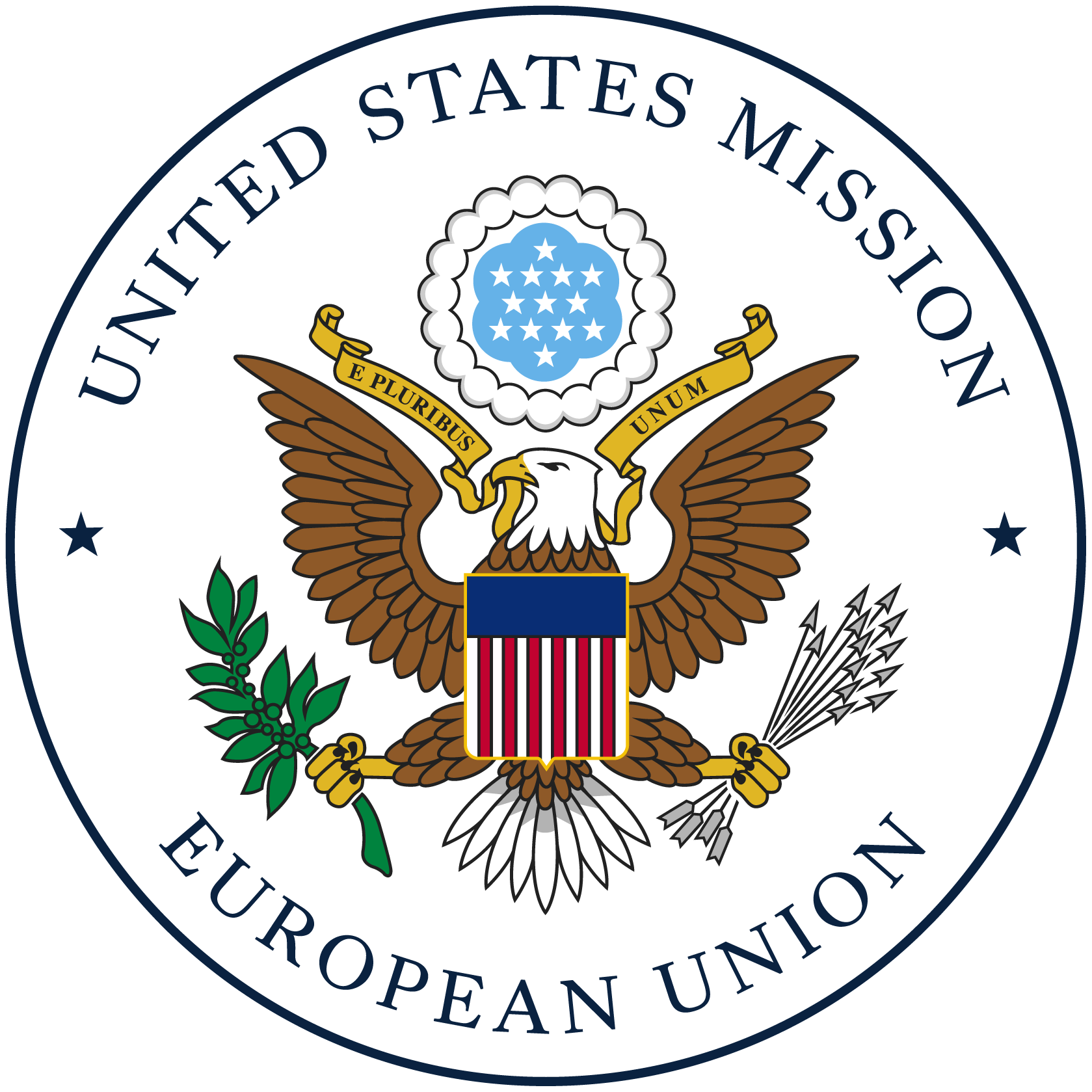In general, health certificates are mandatory for all EU imports of animal origin products and phytosanitary certificates are required for all plant products that could introduce pests into the EU. Also, in accordance with EU legislation, certain products may be accompanied by quality certificates that allow for reduced import duties. Other voluntary EU certificates allow for less stringent import control regimes.
While certification requirements are developed at the EU level and model certificates are published in the Official Journal of the European Union, Member State inspection services are responsible for enforcement of EU legislation through inspection of imported goods and the corresponding certificates.
A complete overview of all EU harmonized certificates used in exports is provided in the EU FAIRS Export Certificate Report. This reports also links to the U.S. agencies or organizations that issue the certificate and references the EU legislation which includes the model certificates.
The EU only accepts veterinary certificates from competent authorities in supplying countries after a series of steps as described in Section 8 of the Commission’s General guidance on EU import and transit rules for live animals and animal products from third countries have been finalized, such as the evaluation of the exporting country’s animal health status, residue plan approval and establishment approvals.
The EU only accepts veterinary certificates from competent authorities in supplying countries after the EU has recognized a country as eligible to ship a particular animal or animal product to the EU based on its animal health status and the guarantees these countries have provided in the area of food safety, including on residue controls. In addition, the EU requires that goods are sourced from EU approved establishments.
In the limited number of cases where certification of a particular product may be partially or not harmonized, such products would be subject to the rules of the individual Member State. Member States are likely to have different certification requirements, so it is advisable that exporters seek guidance on the current requirements from the local FAS Post or consult the Member State-specific reports. U.S. regulatory agencies issuing export certificates usually make mention of any Member State specific requirements in their export libraries and guides.

